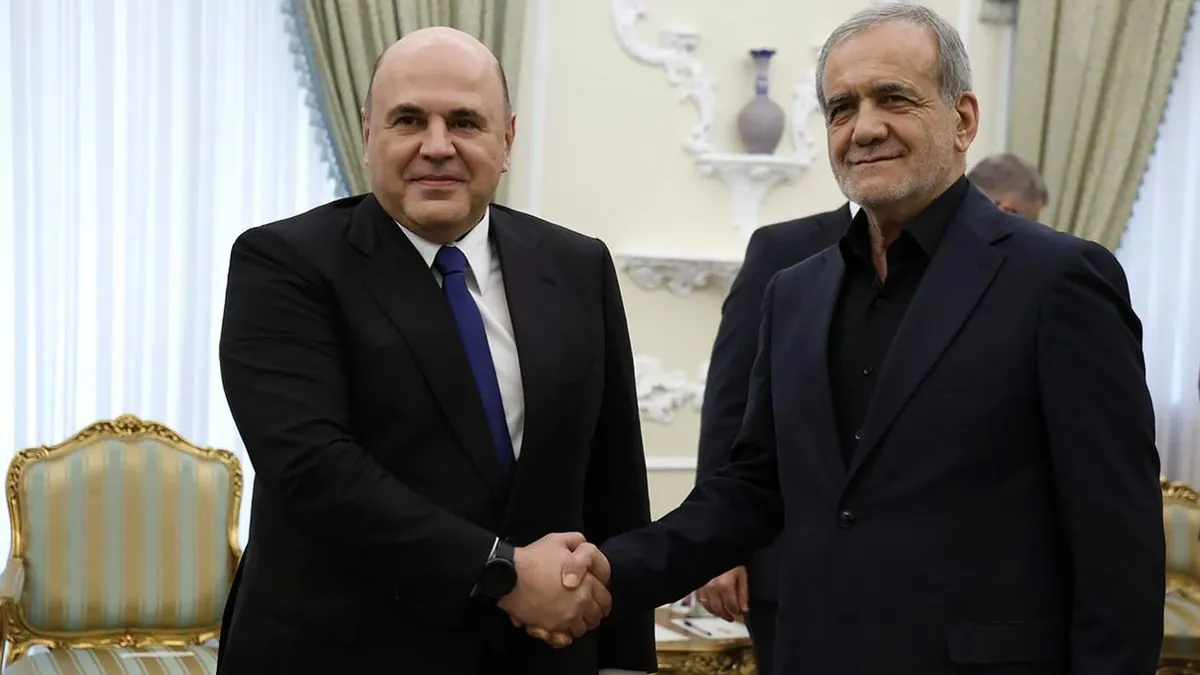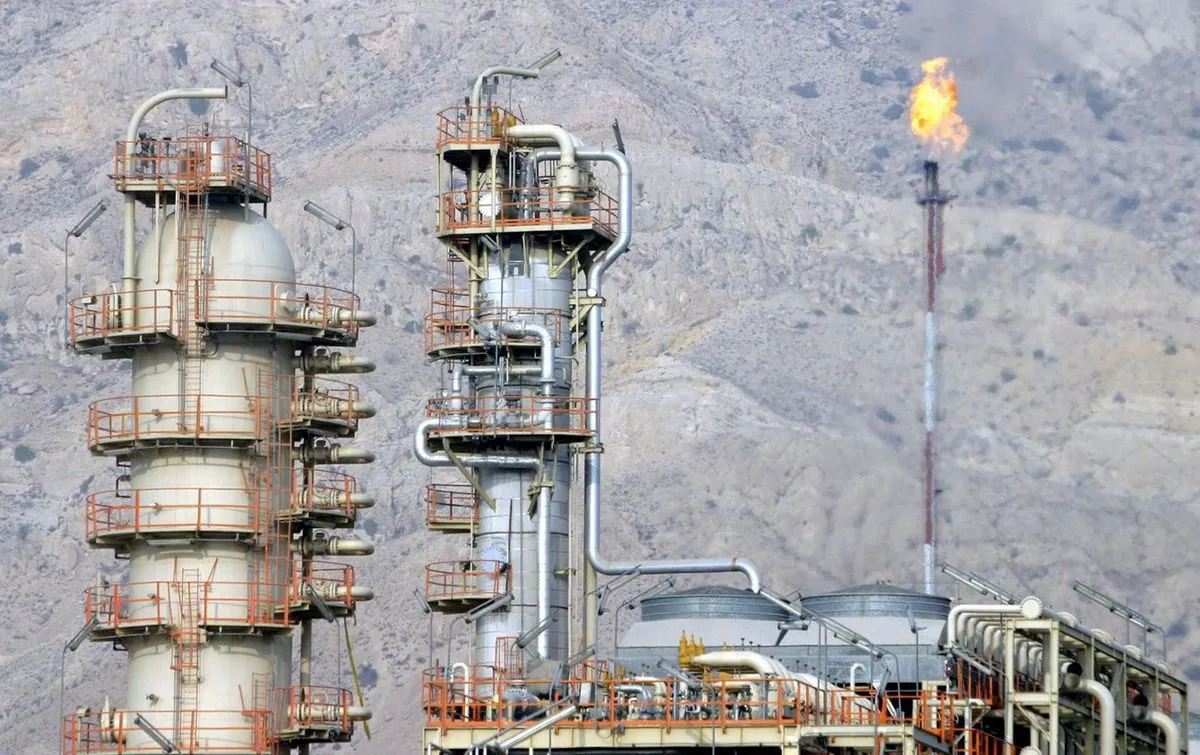Iranian Oil Minister Unfazed by Regional Tensions During Gas Field Visit
Iran's Oil Minister Mohsen Paknejad expressed confidence amid escalating regional conflicts during a visit to a key gas installation. The minister downplayed concerns about potential threats to Iran's energy sector.

In a recent development, Mohsen Paknejad, Iran's Oil Minister, has expressed a calm demeanor amidst growing regional tensions. During a visit to Assaluyeh, a crucial hub for Iranian gas installations, Paknejad conveyed his lack of concern regarding potential threats to the country's energy sector.
Assaluyeh, located in southern Iran, is a major industrial zone for gas and petrochemical industries. It serves as a key site for exploiting the South Pars/North Dome gas field, which is shared between Iran and Qatar across the Persian Gulf. This field is recognized as the world's largest natural gas reserve, highlighting its significance in the global energy landscape.
Paknejad stated, "I am not worried about the crises that the enemies of the revolution are creating, and this trip is considered a normal work trip." His comments come in the context of reports suggesting potential Israeli actions against Iran, underscoring the complex geopolitical dynamics in the region.

Iran's energy sector plays a crucial role in the country's economy. With the world's second-largest natural gas reserves after Russia, Iran has been focusing on developing its natural gas industry to reduce dependence on oil exports. This strategy is particularly important given the international sanctions that have impacted Iran's oil industry for many years.
The Persian Gulf region, where Assaluyeh is located, holds approximately 50% of the world's oil reserves. Iran's position in this resource-rich area has been a source of both economic opportunity and geopolitical tension. The country's shared gas field with Qatar, for instance, has been a point of diplomatic friction between the two nations.
Iran's energy sector has faced numerous challenges, including aging infrastructure and lack of investment. Despite these obstacles, the country has been actively exploring new oil and gas fields and seeking foreign investment in its energy sector. The National Iranian Oil Company (NIOC), one of the world's largest oil companies, has been at the forefront of these efforts.
In recent years, Iran has also been diversifying its energy portfolio. The country has been promoting the use of compressed natural gas (CNG) for vehicles and developing its renewable energy sector, particularly in solar and wind power. These initiatives aim to create a more sustainable and resilient energy infrastructure.
Paknejad's visit to Assaluyeh and his confident stance reflect Iran's ongoing commitment to its energy sector development, despite regional tensions and international pressures. As the country continues to navigate complex geopolitical waters, its energy resources remain a critical factor in both its economic strategy and international relations.
"I am not worried about the crises that the enemies of the revolution are creating, and this trip is considered a normal work trip."


































